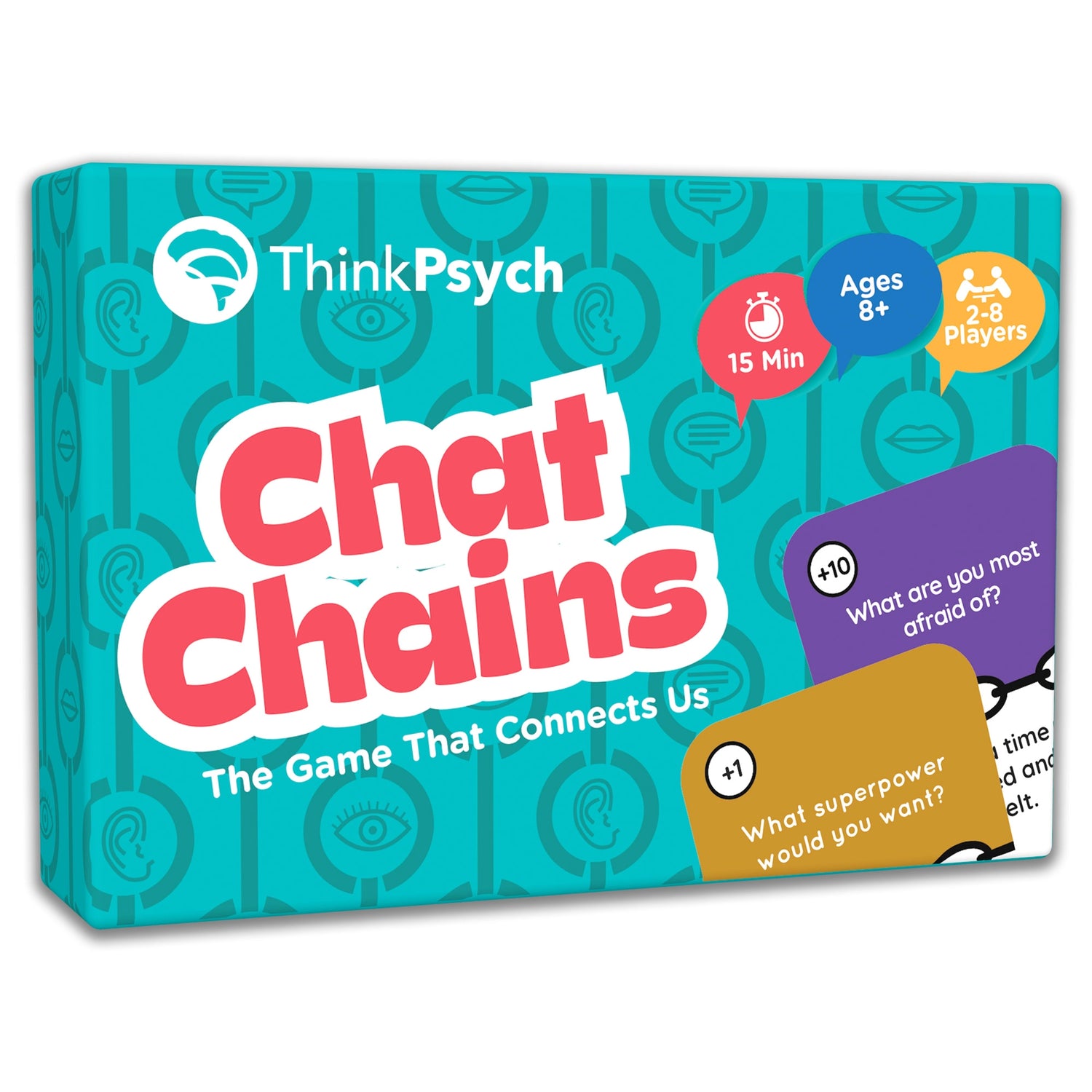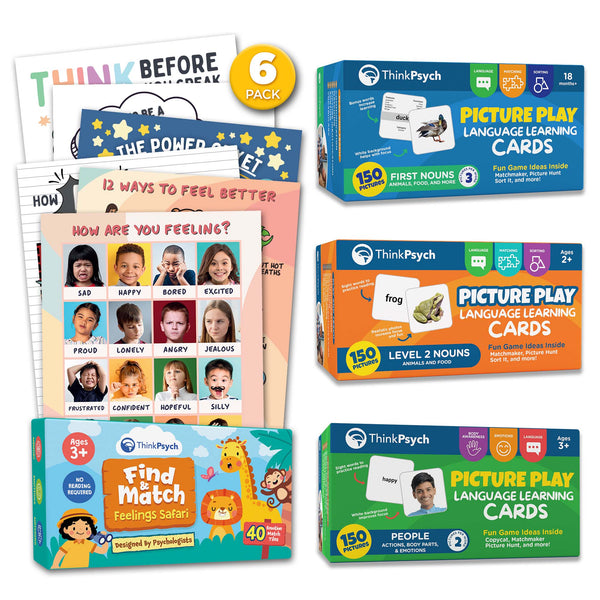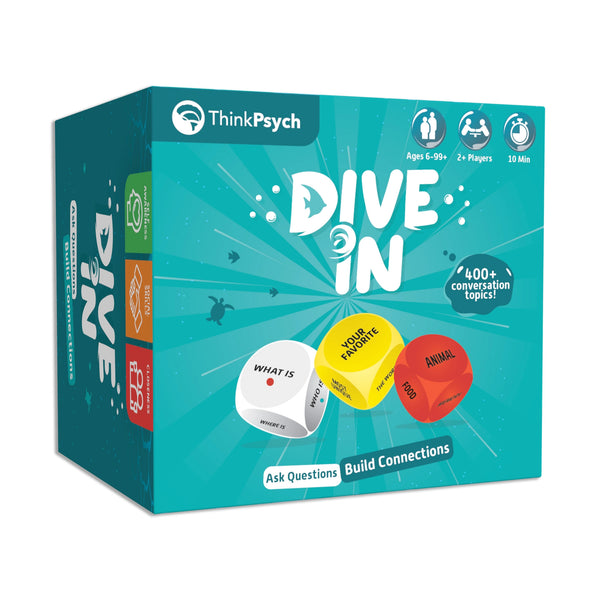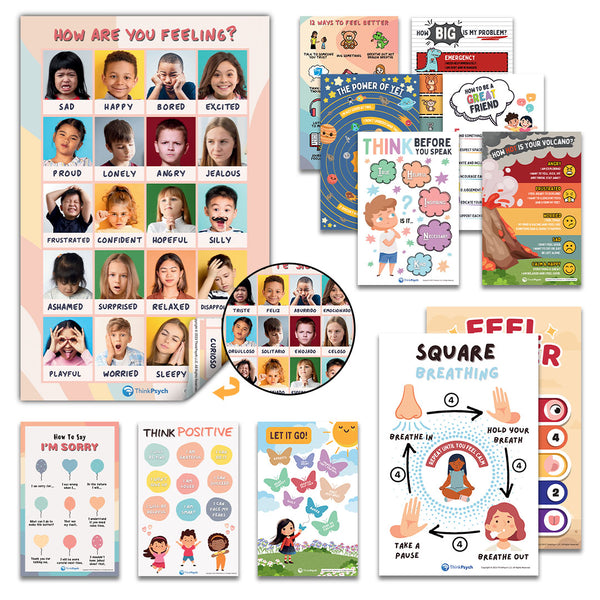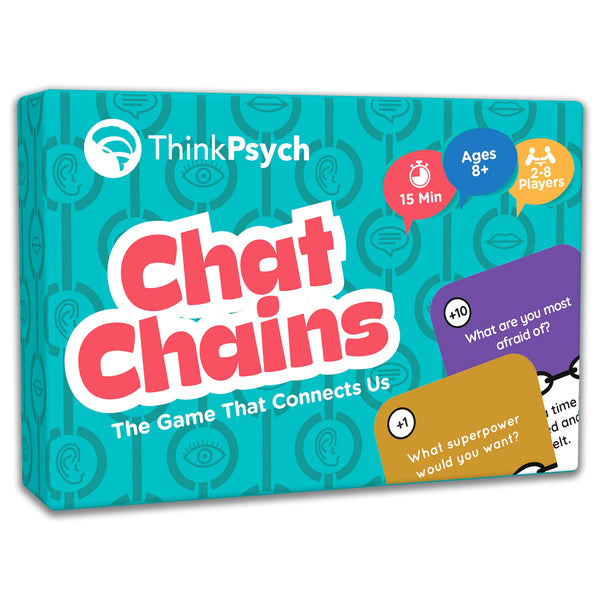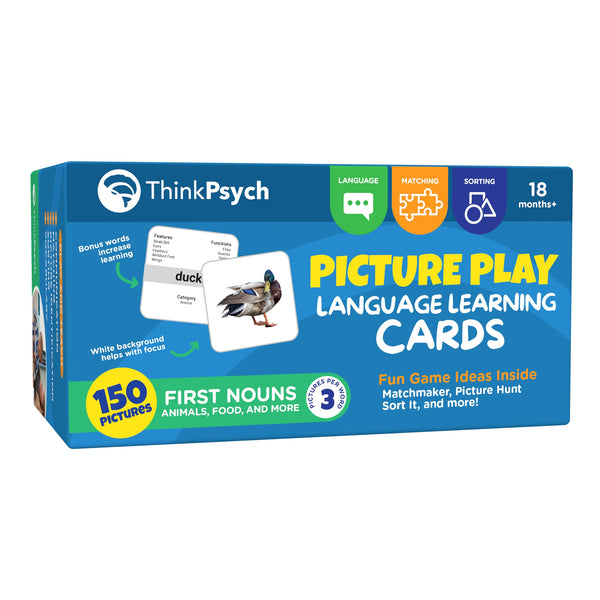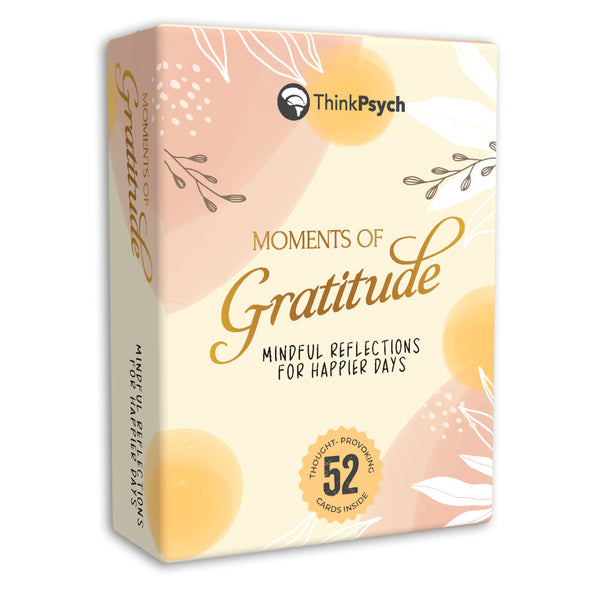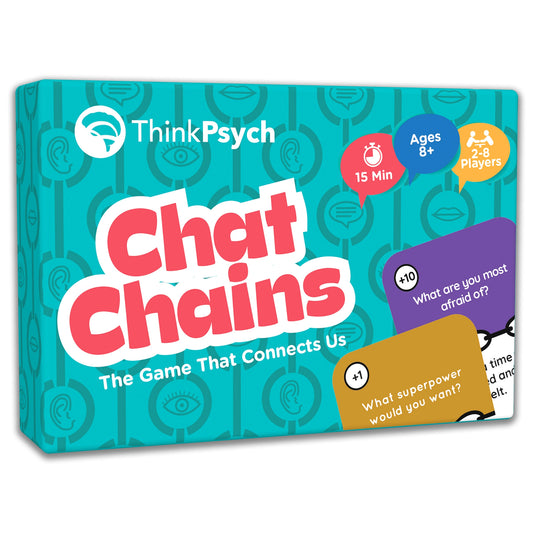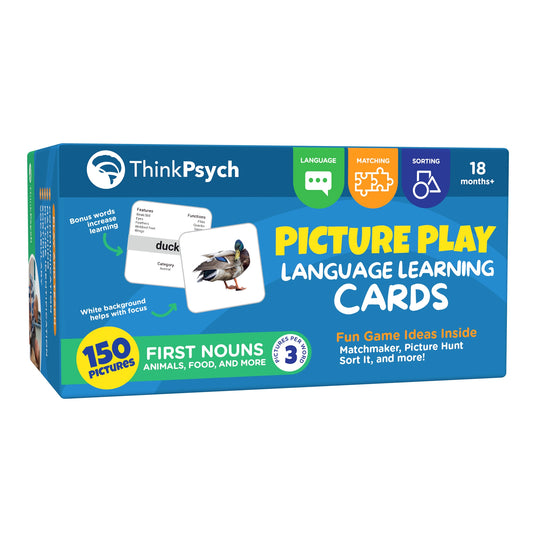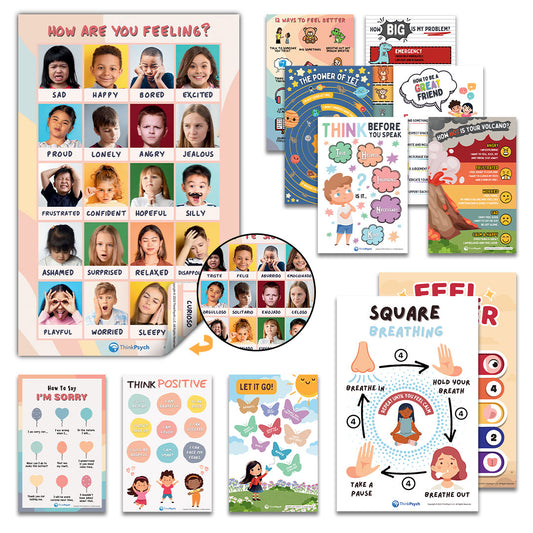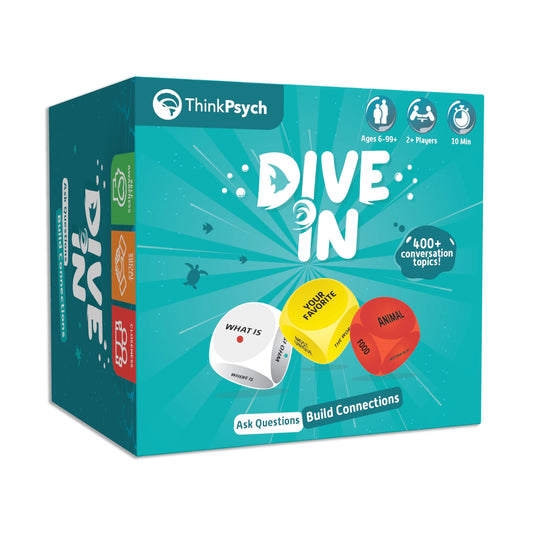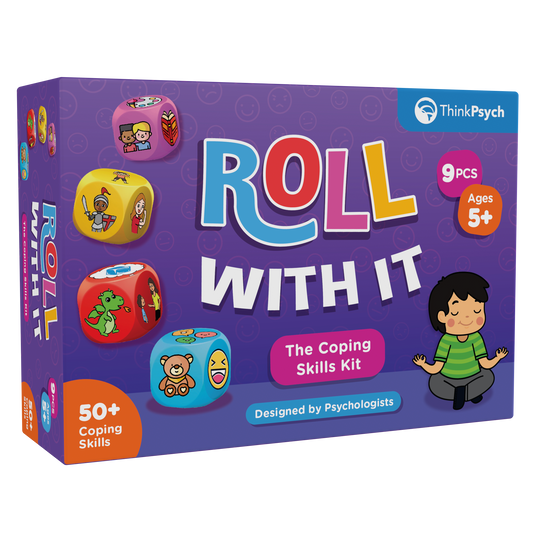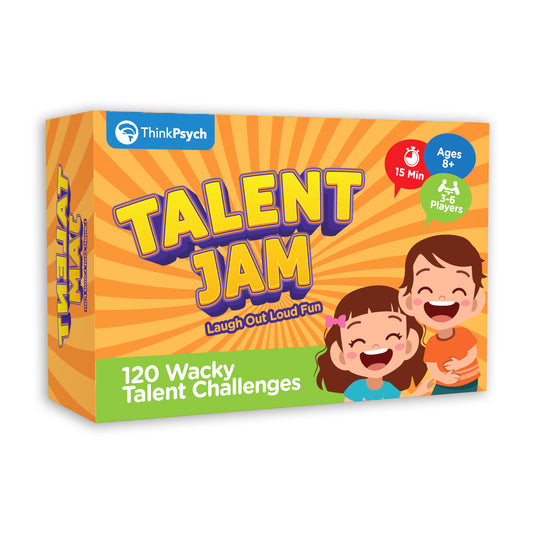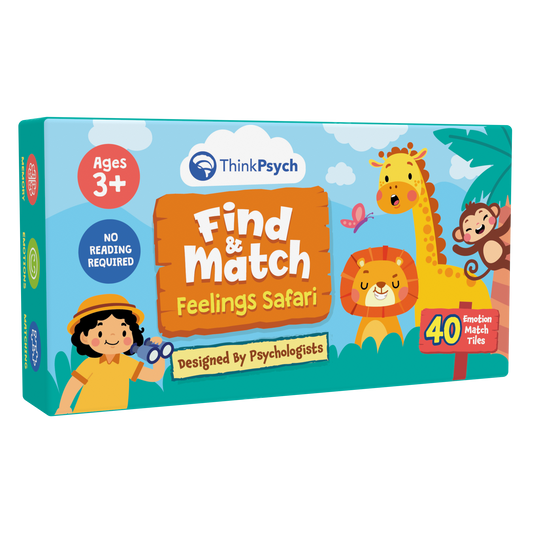
The Best Language Activities for Preschoolers
Share
One of the most important skills a child will ever have to develop is the ability to express themselves. But speaking is linked to more than a child’s ability to learn and succeed inside the classroom. It also has everything to do with how they communicate with others, build relationships, and understand the world around them!
According to the American Speech-Language-Hearing Association (ASHA), almost 8% of children in the United States have language delays or disorders. Because of issues like these, it’s necessary to prioritize this skill. And since children are sponges for all kinds of information, it’s best to nurture their language abilities from the beginning. Fortunately, there are a variety of fun language activities for kids that will help them do just that.
With just a little daily practice, your child just might be singing out soliloquys in no time! If you’re curious about other ways to inspire your child’s development, be sure to visit us at ThinkPsych today.
Play a Game of “I Spy”
“I Spy” is one of those games that everyone remembers playing when they’re young. Because it’s ideal for time in the car, at the grocery store, or around the house, it’s always a good way to keep your child occupied.
Fortunately, “I Spy” has more utility than just using up time! This guessing game is perfect for preschoolers who are just beginning to get a handle on language. To make the most of this game, say something like “I spy with my little eye something that begins with ‘R’.” From here, your child can go on to guess! Whether or not they choose the right object, they’ll begin to learn what objects are called all while having fun.
Over time, a game like “I Spy” can help develop their language skills and inspire social emotional learning. They’ll not only learn new words and put names to objects, they’ll soon be able to create complex sentences.
Pull Out the Flashcards
Many of the best language activities for kids utilize repetition. And an easy way to repeat-repeat-repeat is to make your own flashcards! Cut some pieces of cardboard up and write words from around the house on them. If your child cannot yet read, start with pictures. Whether ‘dishwasher,’ ‘book,’ or ‘carpet’ make the list, your child will become aware of the objects around the house.
Once your child’s familiar with the ins and outs of language learning, you can build on their newfound knowledge. Create another series of flashcards with nouns and verbs your child knows. You’ll want to include some adverbs too in order to keep things interesting! In addition to the words they already know, these will help them begin to put together simple, descriptive sentences.
And if you don’t want to make your own flashcards, try our First Nouns Picture Play Flash Cards! With an abundance of fun pictures and commonly known items, your child will be a whiz with words in no time.
Reading (& Singing) Aloud
One of the most critical steps in a child’s language development is listening to and hearing sounds. After all, children are steeped in language from the beginning – it’s how they learn to speak!
It’s the pronunciation and expression of words that will enable a child to best absorb language. In the beginning, they may not understand what they’re saying. But simply saying the words and paying attention to others' verbalizations will lead to understanding with time.
Among the best – and most fun! – language activities for kids is to read to them. Whether they’re in or outside of the classroom, choose books on a wide variety of topics so they will stay engaged and broaden their horizons. Nursery rhymes and things that have a rhythm they can remember are perfect! It can also provide the repetition they need to absorb new words.
Kids can get distracted easily too so where reading won’t do, you can have them sing too! Songs like the Alphabet Song will get them into the spirit of speaking out loud. And even if they’re in a group, simply sounding out words will help them with enunciating and understanding.
Shop ThinkPsych Products
Sound-Centric Scavenger Hunt
Make no mistake, hide and seek is among kids’ favorite games to play with their friends! Fortunately, you can adapt this game for language activities that bust the boredom of just reading aloud.
Scavenger hunts are an easy way to get your child to learn the names of things. You can either pull items out from a trunk or closet and have your child identify them. Alternatively, you may want to have them search around the house. If the chosen object is a scarf, say “S is for scarf” so your child will learn to identify it. In time, they’ll be able to recall the names of certain objects and participate more readily in the game.
As they better comprehend language, you can give them a letter from the alphabet, whether ‘B’ or ‘T,’ and have them find an object that matches the letter. If they bring back a book or a towel, you’ll know they’re catching on. You can even have them identify other aspects of the found object. Determining what color it is or what it does will help them further utilize their language skills!
Keep It Simple with Language Activities Learning!
Language is one of the things that seems so complex for kids to pick up. But fortunately, kids are sponges for information so language activities for preschoolers don’t require too much extra effort! Simple games like “I Spy” or a scavenger hunt will help them to learn new words. Once they learn, they’ll be able to use them in a sentence. And in time, they’ll be able to express themselves.
Is your child just getting started with learning language and social emotional learning? If they’re on the road to absorbing all the words, our First Nouns Picture Play Flash Cards can help. It’s only through repetition that a child can thoroughly learn a language. With just a few minutes and some daily practice, they’ll be ready for show and tell in no time!
References
ChildCare Education Institute. Language and Literacy Activities for Preschoolers. https://www.cceionline.com/language-and-literacy-activities-for-preschoolers/
Vanco. Engaging Language and Literacy Activities for Preschoolers: Fun and Effective Ideas.
https://www.vancopayments.com/child-care/blog/literacy-activities-for-preschoolers
Connected Speech Pathology. Receptive and Expressive Language Disorders.
https://connectedspeechpathology.com/blog/receptive-and-expressive-language-disorders-in-children/
